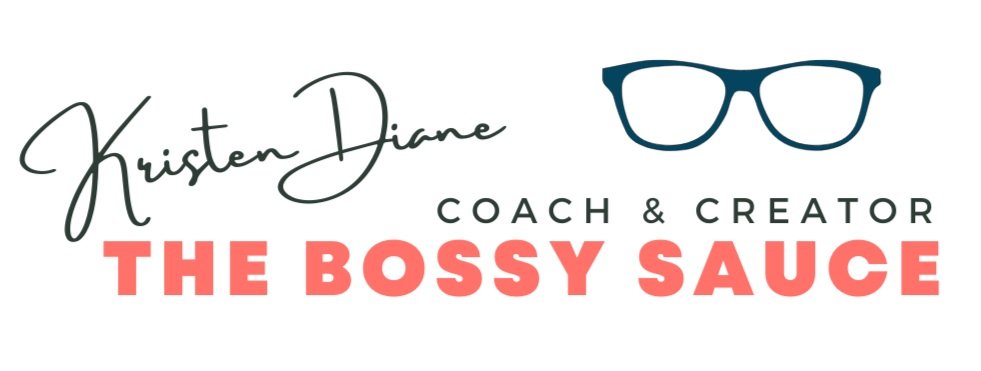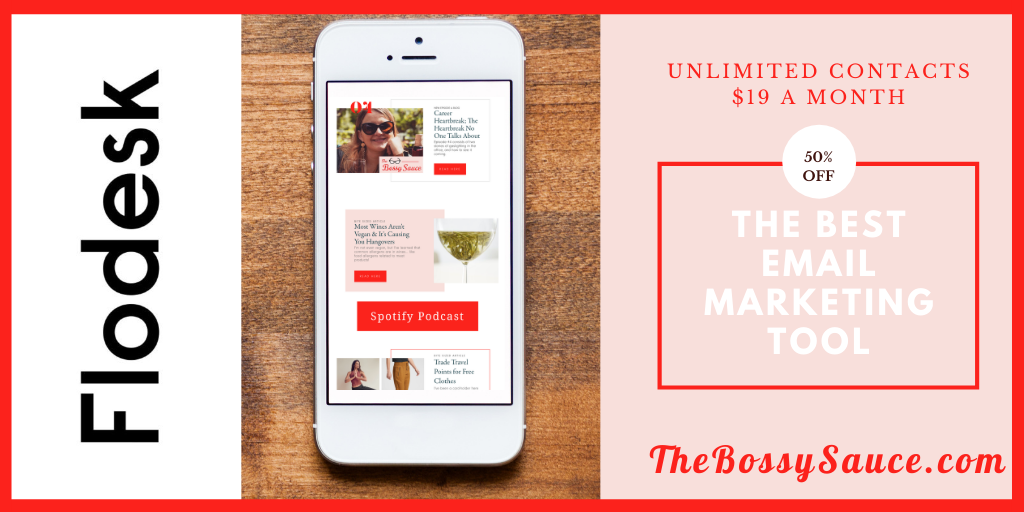How to Use Your Learning and Development Benefits & Budget on Career Coaching
Are you considering using a Career Coach to advance your skill-set, and are you curious if you can use your Learning and Development benefits on career coaching? What if you don’t have a Learning and Development benefit? Did you know that a lot of companies may not have an established Learning and Development benefit outlined in their benefits overview on the website, employee handbook, intranet, or HR documents…yet, those benefits may still be available to you. In these cases, there’s often a budget set aside for Learning and Development (L&D) and it’s first-come first-served (OR those-that-make-the-best-business-case…..first served).
How can you become part of the lucky group that can dip into that L&D budget for Career Coaching, and how do you know if Career Coaching will help you advance your career? I’m a long-time HR Leader, prior Recruiter, now turned Career Coach and Marketer and I’m about to give you all the information you’ll need to self-reflect, evaluate, and act on booking a Career Coach if that’s the right move for you for your learning and development plan. You can check out my Linkedin to validate my experience and connect with me here.
Do you need a Career Coach?
Career Coaching shouldn’t be viewed as thee solution to career problems. Career Coaching should be part of your holistic approach to overall career growth and your learning and development plan. Someone who’s feeling physically unhealthy may approach health from many perspectives including healthy eating, exercise and fitness, nutrients and supplements, mental health and wellbeing etc. We could even break some of these down more such as exercise and fitness could include cardio and stretching such as yoga. In short, bodily health is an approach that is multifaceted and it can be approached from many angles. Career health is no different.
In addition to Career Coaching, you may want to explore paths for education, certifications, and internal coaching with your manager or a mentor, and internal trainings that may be offered at your organization.
Those that seek out a Career Coach are usually experiencing one of the following:
Unable to Promote or Advance: For some reason, the promotion comes and always goes to someone else. You work hard, are never recognized, and wonder why.
Feeling Unfulfilled: You’re realizing that this job isn’t making you happy. Maybe you haven’t been happy at any job in recent years. Perhaps you’ve even been hopping jobs, looking for a place to fulfill your needs. Is it you? Is it them? Has the job changed or have you? What else would you do if you didn’t do this? Could you even afford to take a step-back to make a change?
Lack Trust: You’ve been burned badly by a job experience or two before. You tend to lean towards cynicism, skepticism, and mistrust. How can you overcome this to move forward?
Layoffs, Terminations, or Salty Voluntary Resignations: You’ve been laid-off a couple times and you’re wondering why you’re always in the batch. Maybe you’ve been through a recent employment termination where you were let-go and you need to work through it and discover how to position yourself for your next job. A termination can cause trauma! Maybe you saw the writing on the wall and left your employer voluntarily, but not on great terms. You could also be currently employed and unsure if it’s wise or unwise to leave your current position and you need validation. There are many ways to leave a prior-employer that require a Career Coach to help you navigate.
Career Transitions: No matter the way you left your prior employer(s), you still want to position yourself for success in the job market, land a job that you deserve, and negotiate a compensation and benefits package that aligns with your market worth and self-value. This is one of the top reasons professionals seek out a Career Coach.
Difficult Conversations: You don’t know how to lean-into having difficult conversations. You avoid confrontation. You’re in a heavily client servicing business with delicate relationship management. Perhaps you manage a team and have a difficult time delivering bad news. Maybe you’re not terrible at managing difficult conversations, but you could build-up this muscle better.
Burnout & Validation: You’re running on fumes and need to find a way out. Maybe you’re unsure if your feelings are valid and you need someone to validate them.
External Subject Matter Expert: You want a SME to run ideas past, to understand the intricate difficulties you face on a daily basis in your career field, and you want someone to help you project manage, set goals, and advance your career. Ultimately, you just need a sounding board to validate your ideas without bogging down your team and manager.
Confidence and Imposter Syndrome: You wonder how you’ve made it to the position you’re in. You question if you even belong. Are people being critical of you all the time? Do you wonder what leaders think of you frequently? Are you analyzing every word and feel like you’re getting it all wrong all the time? You see others around you that are so much better at X,Y,Z and wish you could be like them.
Blind Spots: You know that you have blind-spots that are holding you back, but you can’t identify them and you need someone to help you explore what these are.
How do I use my Learning and Development benefits on career coaching services?
The main thing you want to do when asking your employer to pay for a Career Coach is to think like your leaders, and ask the questions they would ask you when making any financial justification. Always think “how does this financial cost benefit the business?” Be prepared to make a case in writing, but I recommend always asking your manager in-person (or via zoom) first. Questions you should be prepared to ask and answer should include the following:
How will hiring a Career Coach make you better at your job (or a better manager)? This is a job specific question. Therefore, I can’t help you much on this one. I recommend referencing the points above in the “Do You Need a Career Coach” section to draw inspiration from.
How does Career Coaching fit into your holistic professional development? What else are you doing to grow in your role? For this question, think about the opportunities available within the organization, any certifications, conferences etc. I recommend looking at what opportunities are inclusive or cost-effective first. No need to point out that you’re approaching from this angle. It won’t be lost on your employer.
How will your Career Coaching benefit the company as a whole? Think about how you want to help push the organization forward, and what skills are you hoping to develop in order to do that? Can you set some goals in tandem with your Career Coaching ask?
How can you help push your business forward with your learning and development? A lot of leaders are afraid to invest in L&D because they know most employees in tech environments typically only stay with companies 2-3 years on average. Whatever your intentions are for the future of your career, you should always manage your work relationships like you’re going to be at your current company until you’ve informed your team otherwise. This also means pitching what you plan to do with these newly developed skills and how you’ll be able to push the business forward with what you’ll be learning.
Don’t forget to ask your employer to make time for your Career Coaching.
One of the biggest challenges with implementing anything in the Learning and Development space is making time. At the Google Moonshoot Factory, employees were asked to dedicate 10% of their time to any Learning and Development (L&D) project they desired to work on. 40% of the employees were thrilled for this opportunity. 60% of the employees said that this felt like a burden and they would need to still accomplish their job tasks, and this was just adding 4-hours onto their work-week. Those 60% of employees said they would rather be spending that 4 hours with their family, taking a yoga class or doing something else that was enriching or fulfilling their lives.
It’s important to recognize that Career Coaching is supposed to enhance your career experience. Bringing your employer on-board for the experience is essential in making sure you’re able to carve out that time so you’re able to experience all that learning and development has to offer within your job - and so you can take those skills with you to the rest of your work-week.
Even if your employer doesn’t end up sponsoring your Career Coaching services, merely asking them to sponsor starts the conversation. If you decide to continue with a Career Coach anyway, the ask for your employer to carve out time has already been started. I also offer a Free Coaching Session. If you’re considering a Career Coach, I’m happy to help you navigate this conversation with your decision makers.
Are you currently looking for a Career Coach and want to book a FREE coaching session?
Not all Career Coaches are alike. You wouldn’t go to a dermatologist for your heart condition. You shouldn’t go to just any Career Coach. Make sure you’re spending those Learning and Development benefits wisely - since you’re making a case for your employer to sponsor coaching after all. I offer a Free Coaching Session as a no-risk way to see if I would be a good fit for your career support.
My coaching areas of expertise falls within the tech and digital space, including the following:
Recruiters: I have 12+ years experience as an IC Recruiter, and 8+ years managing talent acquisitions teams.
HR Professionals: In my last two Full-Time roles, I was the Head of People, and a Director of HR… Of course, with a focus on Learning and Development (L&D) and Coaching.
Product/Project/Program Managers: I’ve always worked very closely with PMs and have a specific focus on operations in HR, and yes, I know the difference in all kinds of PMs.
Business Operations: As a fellow member of the operations side of the business, I understand all the pain-points you experience.
Marketing: I’m a unique character… an HR professional with tons of Marketing experience, and I’ve always worked very closely with Marketing on employer branding AND my coaching business has required me to become a Marketer myself.
Founders, Business Owners, Startup Leaders: Are you a Leader of a Startup of less than 150 employees? I’ve partnered with many leaders at this stage of personal and corporate growth and can help you take your business to the next level.
Solopreneurs: Are you an entrepreneur that works alone, or on a very small team and you’re looking for a coach to help you elevate your business? Book a session below!
Career Transitions: Looking for a new role, or even a new career path? I’m happy to help! Please note, I incorporate resume reviews as part of holistic career coaching but not as an isolated service.
Who is NOT a good fit for my coaching services?
I’m not the best fit for more technical positions. Project Managers for technical teams, absolutely! Engineers within individual contributor roles, that’s where I wouldn’t be the best fit to support. My specialties are the non-technical roles within technical and digital creative environments… Startups, game studios, ad agencies, design firms, or companies with similar functions… or any Solopreneur business or Startup where the operations are mostly digital. These environments are where I can best help you shine!
Don’t be Shy!
If you think I could be a good fit to support you as a Career Coach, book a FREE Coaching Call and we can explore how to get your employer sponsored Learning and Development Benefits to cover this part of your holistic career growth plan.




